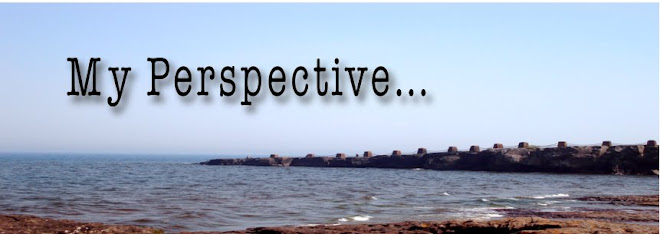Regardless of our specific roles in society, we all seem to be inundated with media of some form. Television, print, internet, gaming, music, and the endless list goes on. I suppose because of this saturation it is easy, and in many cases appropriate, to tag the media as a cause in many of the causal relationships of human behavior. As Aronson (2008) writes, we are often influenced by others (including the media) without even being aware of it. During this grueling political season, we are in no short supply (perhaps without demand) of people trying to convince and persuade us with a variety of mass media tactics.
For the purpose of this discussion I would like to focus on the media and its impact, or rather perceived impact, on the behavior of adolescents and teens. In my lifetime there has been some intensely aggressive and negative behavior performed by teenagers that has been thrust onto the national stage. There have been, of course, the numerous school shootings and the various stories of extreme bullying. Perhaps a most recent example is the group beating of a teenage girl by her friends. All of these are incredibly awful. Working in a school, I was witness to several bullying acts – physical and emotional – on a daily basis. Some more extreme than others, but nonetheless present.
I must take a moment to touch on behavior that isn’t often emphasized or studied. On a daily basis I witnessed teenagers doing incredibly kind things to and for one another. I experienced young people working both individually and in groups to do their part to make the world a little better. There exists in the teenage world, a lot of people who are filled with hope, compassion, and energy to contribute something and do their part to elicit change.
So how does media play a role in all of this? Well, it seems to me that we, as a society, are quick to blame the media when it is convenient and fall short of giving it credit at times when it deserves it. As I stated earlier, as a people (especially students of psychology) we are constantly looking for that cause/effect relationship. In short, who or what is to blame? At the risk of sounding preachy, I have to wonder if we are often quick to blame others when things are not going well or not turning out the way we had desired, and then quickly take credit when the opposite occurs. It certainly makes sense. If a child gets in trouble at school for punching another student – what parent would stand up and take the blame? It’s likely that few, if any, would. This is a fairly delicate topic. I want to be certain to clarify that I am not suggesting that a bullying or aggressive child automatically equates to horrible parenting. It’s not that simple. However, it is also important to point out that this must also be true of other influences, such as the media.
One could argue that people are exposed to a variety of media throughout a lifetime – positive, negative, violent, loving, etc. So why then do we blame the media when people are violent, but don’t give the media credit when people are loving and caring? Hopf, Huber, and Weis (2008) point out in a recent longitudinal study that there are a variety of risk factors that contribute to the development of aggressive and violent behavior in teenagers. A few of these include: family, media, school, peers, and personality. Also included in this list and discussed in Aronson (2008) is attitude, specifically attitude about one’s self, violence, and others.
To me attitude plays a much larger role than we generally give it credit for. Attitude has a great influence on how one responds to a given situation. Throughout one’s lifetime a multitude of challenging situations and people will present and force a reaction. This reaction is informed by myriad factors and I think it is irresponsible to externalize all of the factors to the point of erasing all responsibility. I realize that our attitudes and personalities are largely shaped by our experiences (external forces). But external forces such as immediate environment are often brushed aside to make room for blaming a video game.
This topic is extremely complex and I certainly do not have all the answers or even a few. I’m not trying to suggest that violent media does not play a role in certain behavior. It just seems to me that we give it too much credit for undesirable acts and not enough for positive acts. It’s similar to parents saying that if their child isn’t doing well in school – it’s the school’s fault, but if the child is excelling – it is because they are exceptional parents. Why can’t it be both environments contributing to either situation?
As we continue to look at the issues of child aggression and violence, I think it is important to be responsible with the amount of influence we give certain factors. Tagging media as the main causal factor in teenage aggression is an overly simplistic answer and truly does not address an overly complex issue.
I would like to see research start to look at both sides of this issue (positive and negative effects of media). There is no doubt that media plays a role, lets just make sure that we are striking the appropriate balance between the power of its influence and attitude with which children respond to it.
I’ve tried not to oversimplify this topic and to be sensitive to the wide range of opinions and angles one can have. A great deal more work needs to be done to truly understand the issue, and perhaps that will never be possible. The best thing to do is to have an open mind and understand that there is generally not one simple reason people behave as they do.


No comments:
Post a Comment